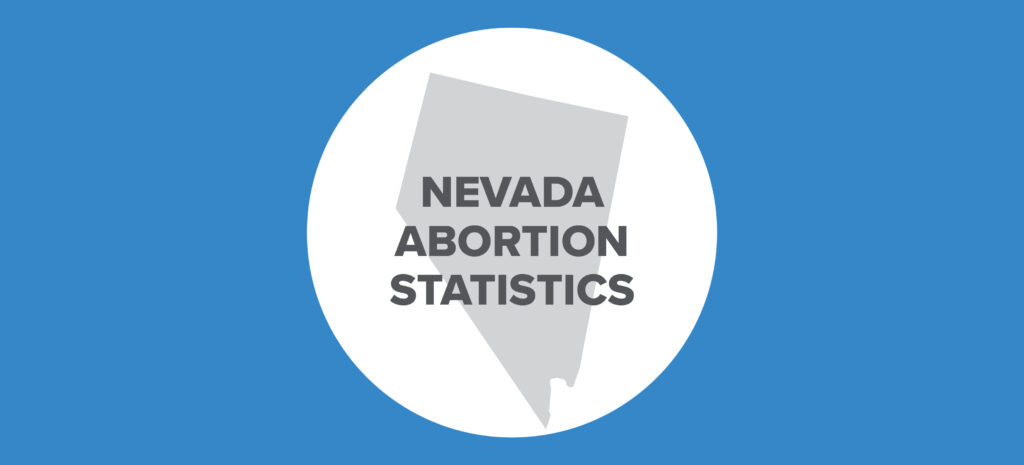Q&A with the Scholars: Life-Affirming Care and Pregnancy Help Centers
Margaret H. “Peggy” Hartshorn, Ph.D., served as President of Heartbeat International from 1993 to 2016 and is now the group’s chairman of the board. Under Peggy’s leadership, Heartbeat has grown to become the most expansive network of pregnancy help ministries in the world, with over 2,000 affiliated pregnancy help centers, medical clinics, maternity homes, adoption agencies, and abortion recovery programs located in 48 countries on six continents. Today, Peggy travels and speaks extensively, sharing her “hands on” experience with pregnancy help centers and exemplifying Heartbeat’s commitment to the pregnancy help movement worldwide. In this interview, she discusses her lengthy experience operating and managing a network of life-affirming pregnancy help centers both in the United States and abroad.

How did you first come to be involved with pregnancy help centers (PHCs)?
Hartshorn: My husband Mike and I began inviting pregnant girls into our home in 1975, while working with Right to Life, and we saw “up close and personal” what services these women desperately needed to be able to choose life. I met one of the founders of Heartbeat International (then called Alternatives to Abortion International, or AAI, founded in 1971), at an Ohio Right to Life Convention in 1978. I was astounded to discover that another entire “branch” of the pro-life movement was growing and developing—PHCs, maternity homes, adoption agencies, and other support and healing programs!
We opened the first PHC—Pregnancy Decision Health Centers—in Columbus, Ohio, on January 22, 1981, and affiliated with AAI. I joined the AAI Board in 1986, became the President in 1993, and AAI then became Heartbeat International, starting with about 100 affiliates. Heartbeat currently has about 2,200 affiliated PHCs in our network (independent charitable and religious organizations) in 50 countries, and nearly 1,400 in the USA. I “changed hats” from President to Chairman of the Board in 2016.
How have PHCs evolved over your decades of experience with them, both in terms of network and services? What kinds of services do most PHCs offer today? What kind of training do volunteers and staff undergo?
Hartshorn: Many of the original PHCs (in the late 1960’s and 70’s) started within the medical offices of pro-life physicians who were the only ones who could do the pregnancy testing. Their nurses consulted with the women and referred them to community resources. The work was considered “crisis intervention” with the assumption that once the woman was peaceful about her pregnancy and abortion was ruled out, she could return to her support system and “normal” life. The original model was pregnancy testing, crisis intervention “counseling” and referrals for support.
The sexual revolution, multiplication of STI’s, gradual disintegration of the family unit, physical and psychological effects of abortion on women and men, spread of addictions, loss of religious values, and other culture-rending factors also changed pregnancy help, making it both more diverse and comprehensive in services, all geared to local demographics and community needs (rural, small town, suburban, metropolitan).
To the three original components, beginning in the 1980’s, PHCs began adding more specialized, sometimes long-term services to become more “life-changing” as well as “life-saving.” Most centers today have a variety of parenting classes (for men and women), mentoring, family support, incentives programs (to help parents earn needed baby and parenting items), prevention programs such as sexual integrity education in the center and in the community, plus post-abortion and sometimes sexual healing programs.
The charge of “fake clinics” by NARAL in the 1980’s spurred on the vision of becoming “real clinics” in the 1990’s. Centers started adding ultrasound, then, in some cases, additional medical services (STI testing, some level of prenatal care, well-woman care, and fertility care)—a process that continues to this day. Close to 70 percent of all PHCs today are pregnancy help medical clinics offering, at a minimum, ultrasounds for pregnancy confirmation.
Federal funding for faith-based organizations under Presidents Reagan and George W. Bush and state funding available now for non-faith-based core pregnancy services (notably in Pennsylvania, Texas, and Florida), accepted by some centers, has spurred additional growth.
The original model was described as “humanitarian” and “nonsectarian,” but most centers today also include faith-based components and describe their organizations as Christian, Catholic, Evangelical, Christ-centered, or Ecumenical. Recently, many are amending legal documents to include religious purposes (as well as charitable and educational) as qualifications for their nonprofit status. This must be explicit today if we are to successfully defend our conscience rights.
Heartbeat’s Option Line (optionline.org) ties together this diverse network so that help is available 24/7 in a few seconds via a cell phone, and a connection can be made to community-based pregnancy help everywhere in the country. There are approximately 2,400 PHCs in the USA and another 300 housing programs.
Heartbeat International and the two other large networking organizations, Care Net and National Institute of Family and Life Advocates (NIFLA), provide extensive training. Heartbeat, for example, has conferences, institutes—including one for ultrasound training for nurses—on-site training, and an on-line Academy with 3,000 current students, providing continuing education credits for our Life Affirming Specialist certification and CEU’s for nurses. We have a wealth of teachers, many with years, even decades, of direct experience, including professionals in medicine, law, education, social work, counseling, ministry, and non-profit management.
Critics of PHCs and proponents of abortion often accuse PHCs of deceiving women and providing faulty information designed to coerce their choices. How do you respond to these types of claims?
Hartshorn: Every pregnant woman deserves complete and accurate information plus the help and support she needs so that she never mistakenly believes that abortion is a risk-free choice or her only choice. PHCs provide women with this information so that, in fact, they can make real and informed choices. The information about abortion and pregnancy provided specifically for use in PHCs is referenced from professional medical sources. Any “studies” that claim otherwise are flawed in their research methods. They are funded and promoted only by proponents of abortion and those who profit from abortion. PHCs respect and value women and have no financial interest in their choice.
Laws have been passed in some states that target PHCs and coerce these organizations into complicity with the practice of abortion via forced referrals and mandated information. Such laws have been passed most recently in California and Illinois. From your perspective as long-time President of Heartbeat International and given your hands-on experience working at PHCs, how do laws like this serve to undermine their mission? Will such laws, if enforced, lead to the closure of some PHCs?
Hartshorn: These laws can undermine our mission and tempt us to act from fear rather than from truth, if they distract us from what should be our focus. However, challenge and adversity can also make us stronger and creative (as attacks on centers in the 1980’s led to the development of our medical clinics). If we lose in the courts, rather than outright closures, it is more likely that services to at-risk women may be restricted, at least in the short term. However, we have won signage and disclaimer cases already in federal district courts that have upheld our freedom of speech. I am hopeful that, by the grace of God, with outstanding legal defense organizations as partners, with the opportunity for better judges to be appointed at the federal level, we will also have our freedom of religion (and thus conscience rights) upheld. PHCs will emerge smarter, stronger, more united, committed, and more effective.
Why are you pro-life? If you had 60 seconds to explain to someone why you have pursued the work that you have throughout your career, what do you tell them?
Hartshorn: I believe deeply in the intrinsic value of every human being made in the image and likeness of God. I believe deeply in preserving the founding principles of our country: that there are certain inalienable rights, and among these is the right to life. Practically, I believe what one of Heartbeat’s founders, a survivor of Nazi Germany, often taught: “If we are not against abortion we are against our own survival.” I believe we are called to defend what is most dear to us and, if possible, to pass it on to future generations. I believe this work is part of God’s Plan to bring his church together and bring his truth, in love, to a hurting world, and, as this is accomplished, it is a joy to witness lives saved, changed, and restored.
Dr. Hartshorn’s full biography can be found here.



























